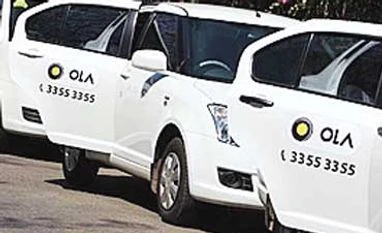At the same time, it repeated its charge that Uber was violating local laws as a business strategy, not only in India but globally.
"Aren't the cutting-edge technology solutions, high-value jobs and Internet ecosystem that Alibaba has built, invaluable assets for China?" Ola's first employee and its Chief Operating Officer Pranay Jivrajka wrote in a blog post on Thursday. "It is a shame that our competition has to fan a debate of nationalism to hide their identity of being a multi-national, with serial violations of law as a business strategy, not just in India, but globally."
More From This Section
Ola was founded by Bhavish Agarwal in 2011, before he moved the base of operations to Bengaluru
Jivrajka wrote the debate was not about foreign versus local but who is respectful of the local laws and who is not.
He accused Uber of violating local transport rules by allowing riders to ferry passengers on two-wheelers in Gurgaon and private cars for its Uber Commute across India, violating transport rules.
India's transport rules mandate that vehicles that ferry passengers for a fee should have a yellow number plate, pay higher taxes and insurance premium, and are subject to annual fitness certification. The driver must have a commercial licence.
Business Standard reached Uber for a comment but did not get a response.
Uber, in a blog post on Tuesday, had countered Ola's earlier charge that it was a foreign company looking at profits, by saying it had hyper-local teams that solve hyper-local issues in India and maintained that it had deepest respect for laws of India. It has called for framing regulations that apply equally to all.
)